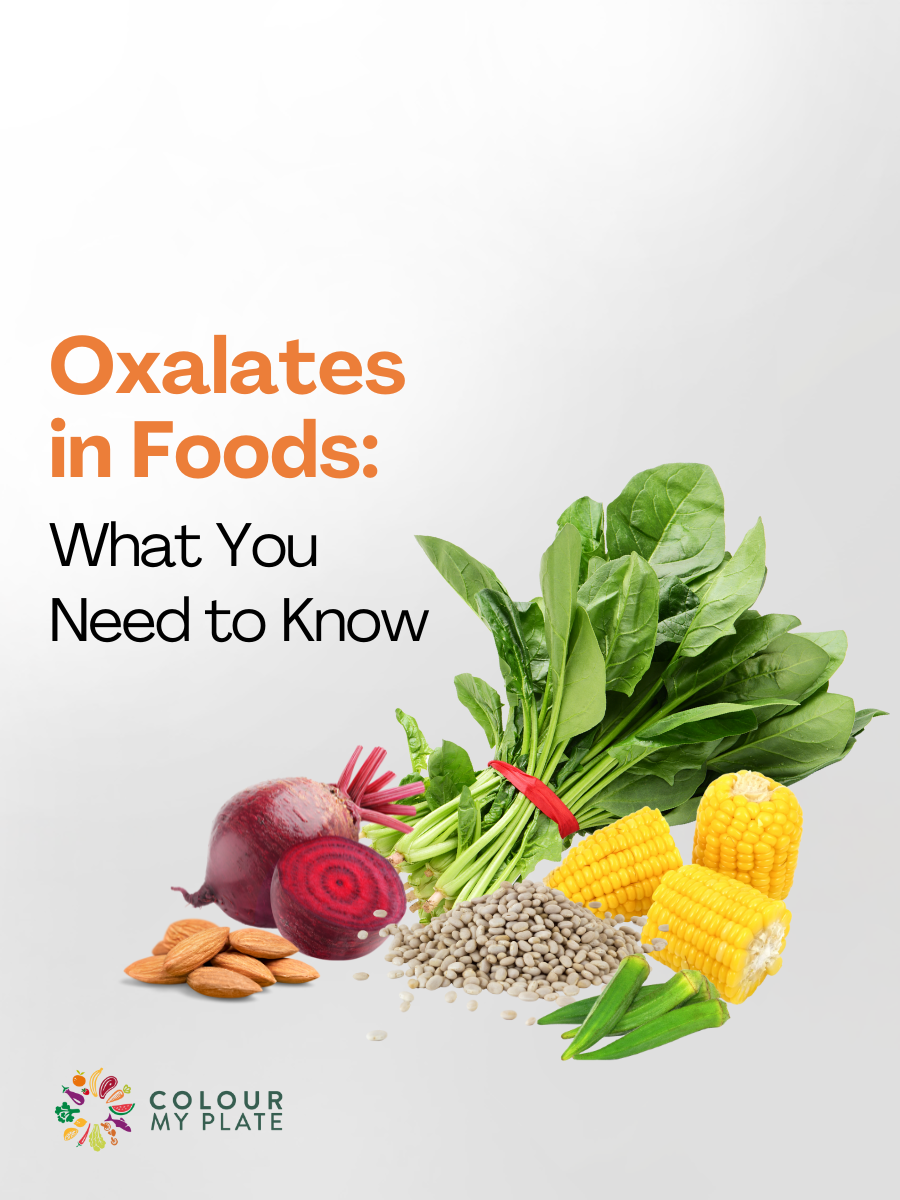
![]() 16 Jul 2025
16 Jul 2025
If you’ve ever heard someone mention oxalates and thought, “Wait, what are those?” you’re not alone. As a dietitian, I get this question a lot, especially from clients dealing with kidney stones or certain gut issues. So let’s break it down: what they are, why they matter, and who actually needs to pay attention to them.
Oxalates (or oxalic acid) are natural compounds found in many plant foods. Your body also produces small amounts as part of normal metabolism. Typically, oxalates leave the body through urine without causing issues. But in some situations, elevated levels can contribute to kidney stone formation, particularly calcium oxalate stones, which are the most common type.
For most healthy people, these compounds aren’t a major concern. But some groups may benefit from monitoring their intake:
Here are some foods particularly rich in oxalates:
Not necessarily. Many foods high in oxalates are packed with nutrients. The key is moderation and balance, especially for those at risk for kidney stones. A few practical strategies include:
Oxalates are a normal part of many healthy plant foods. For most people, they’re not something to stress over. But if you have a history of kidney stones or certain medical conditions, being aware of oxalate-rich foods and making a few smart dietary adjustments can help.
As always, talk to your healthcare provider or dietitian before making significant changes to your diet.

We noticed you haven't completed your delivery details.

Your message is sent